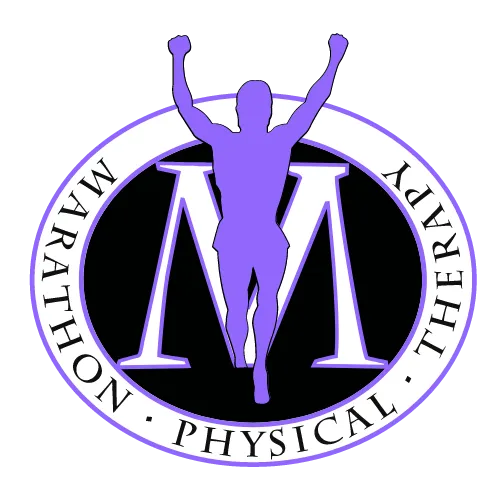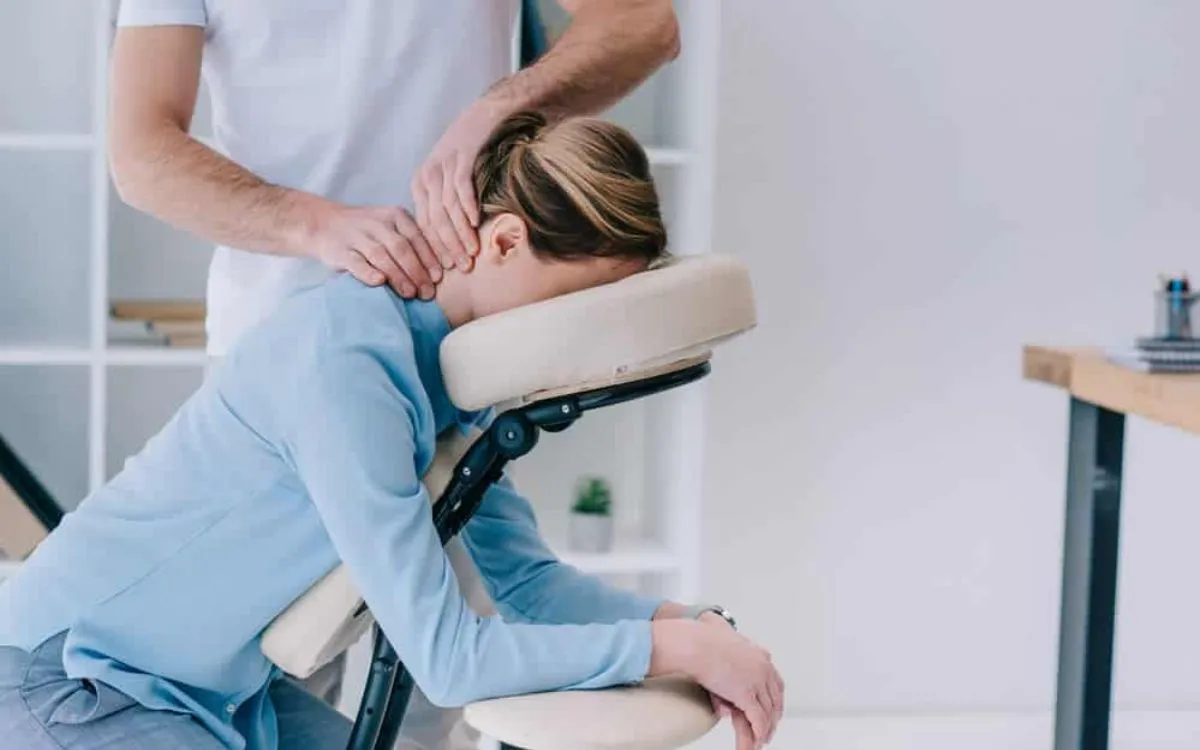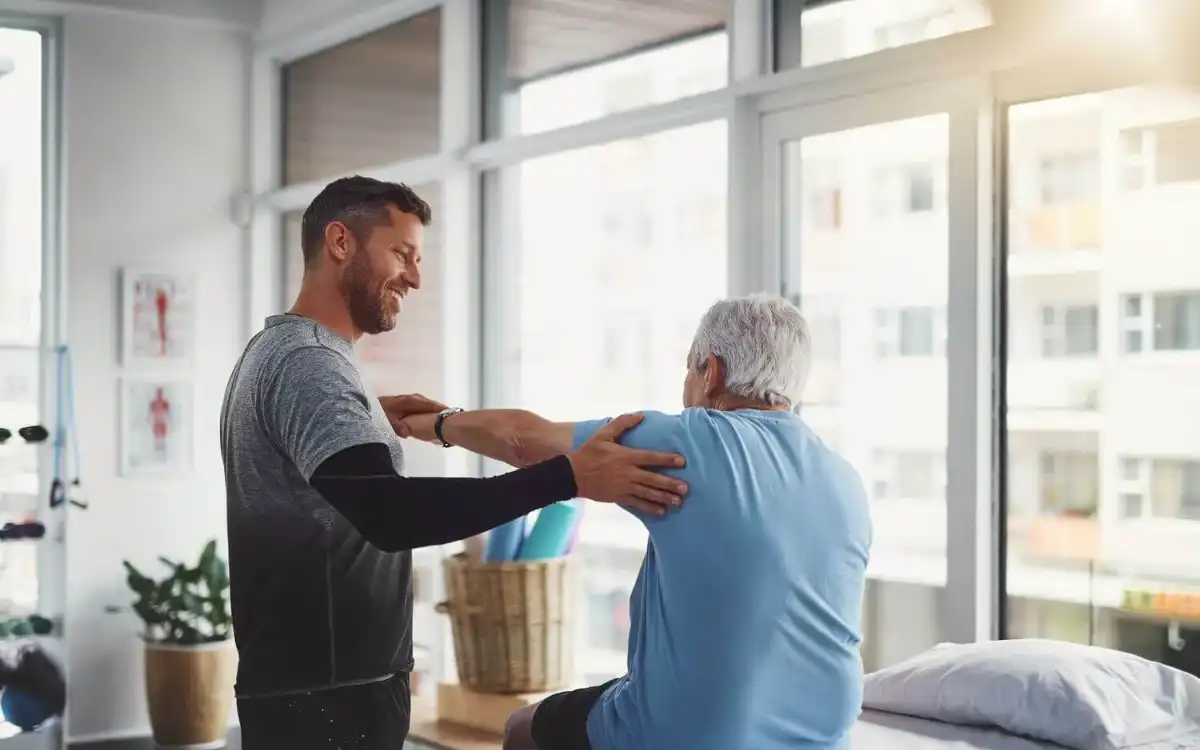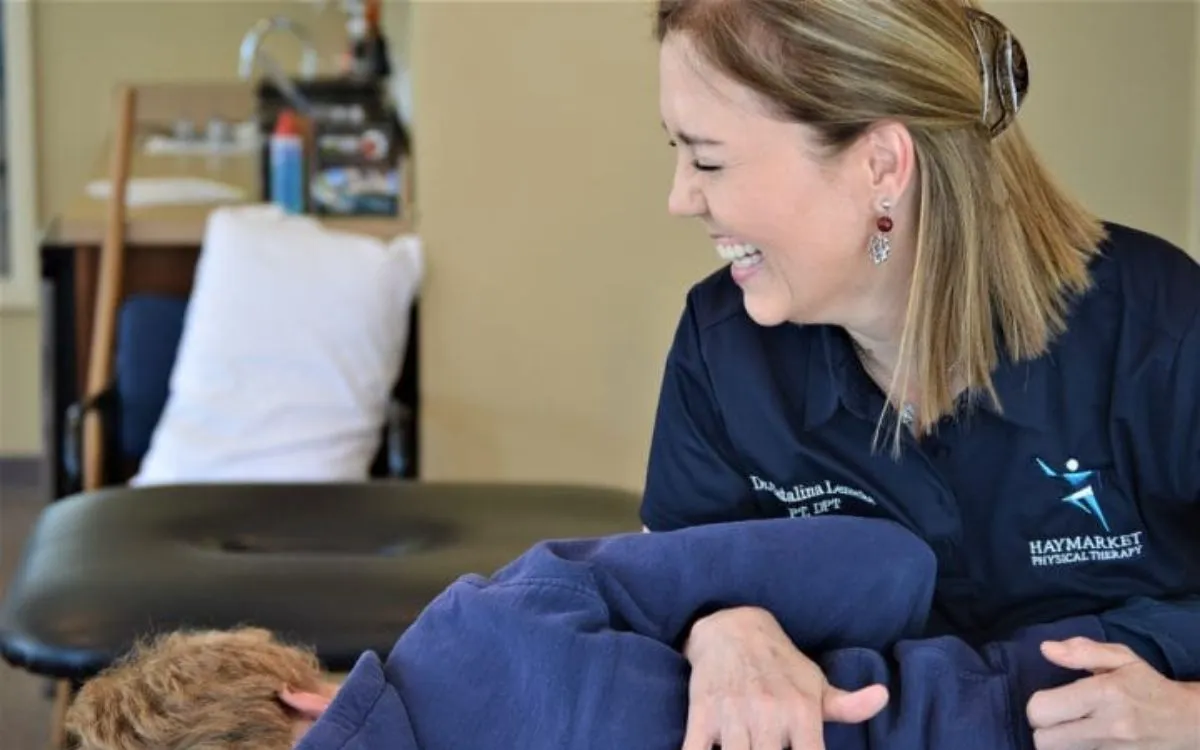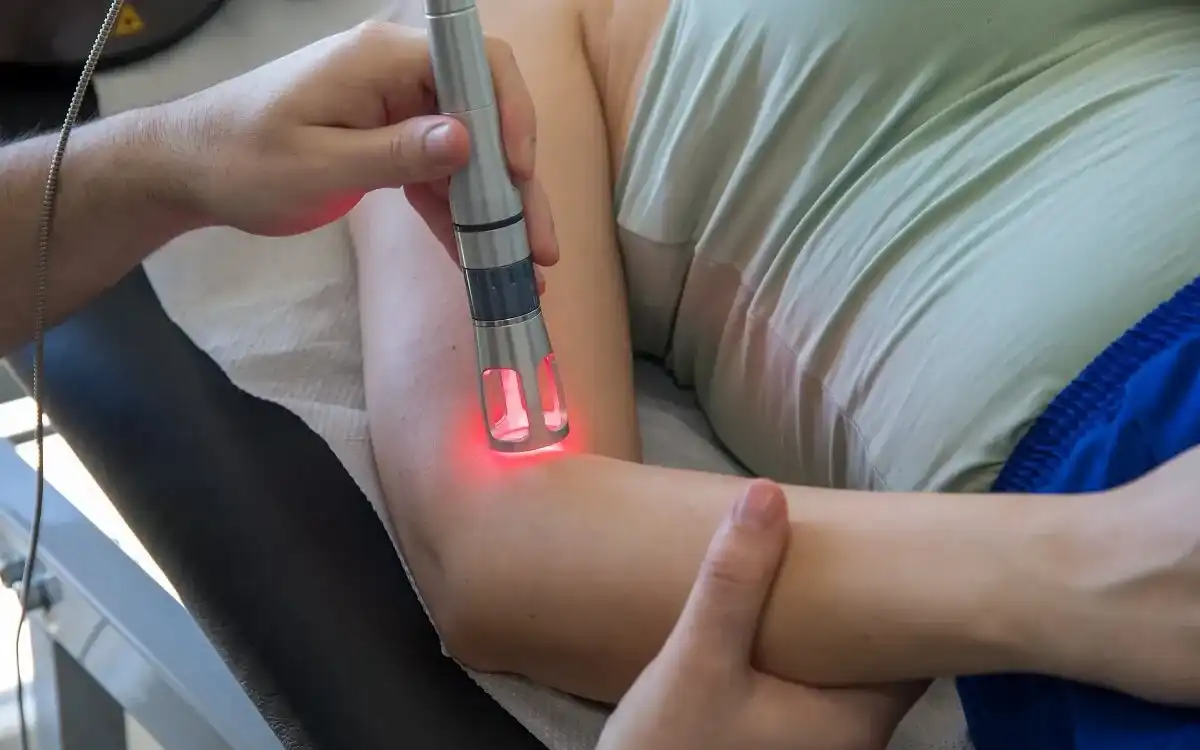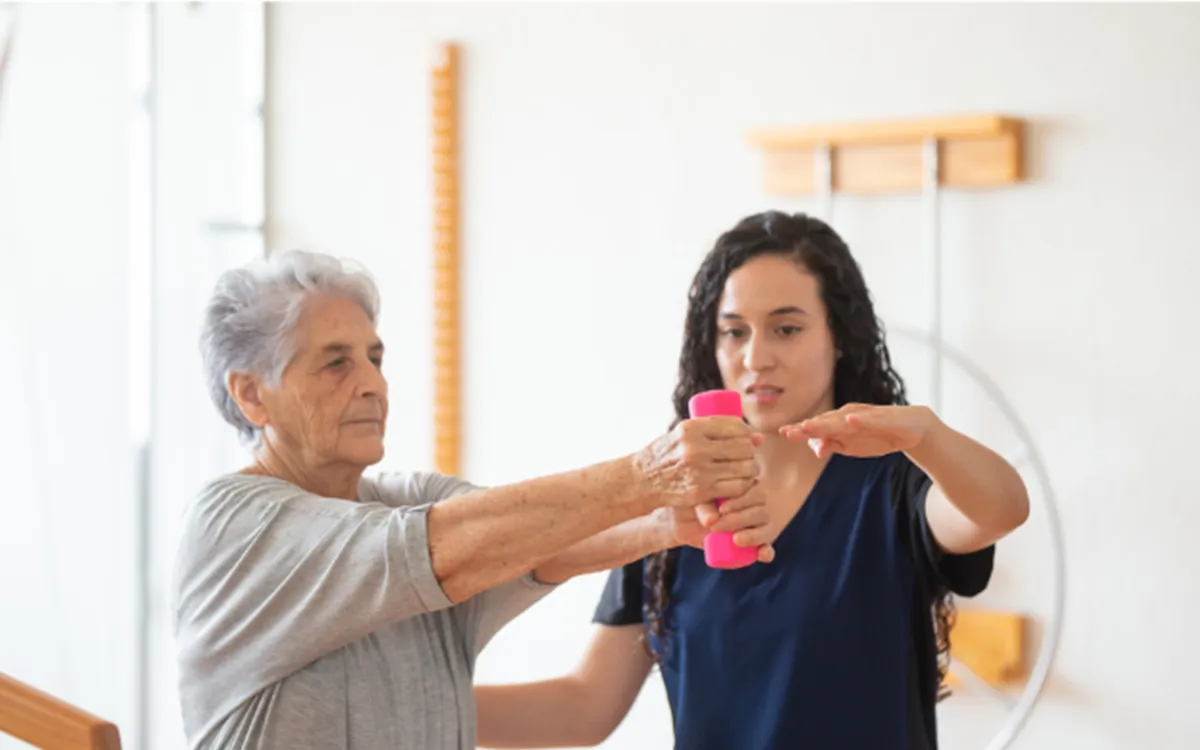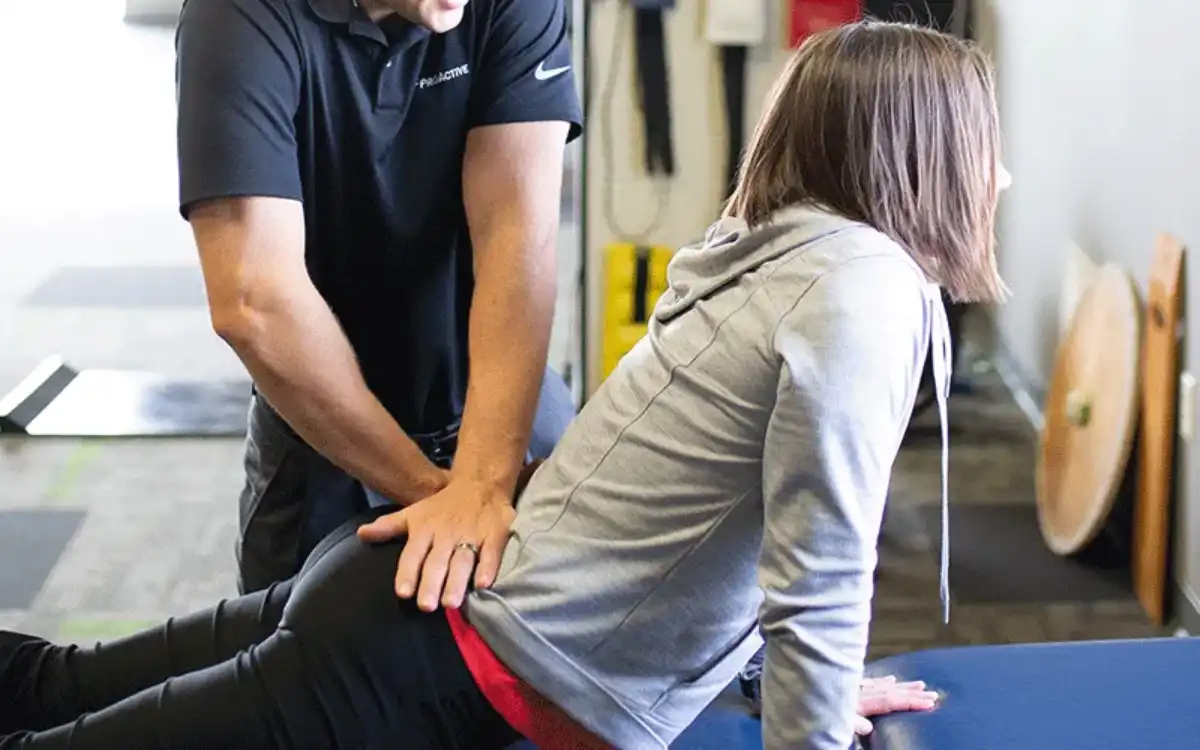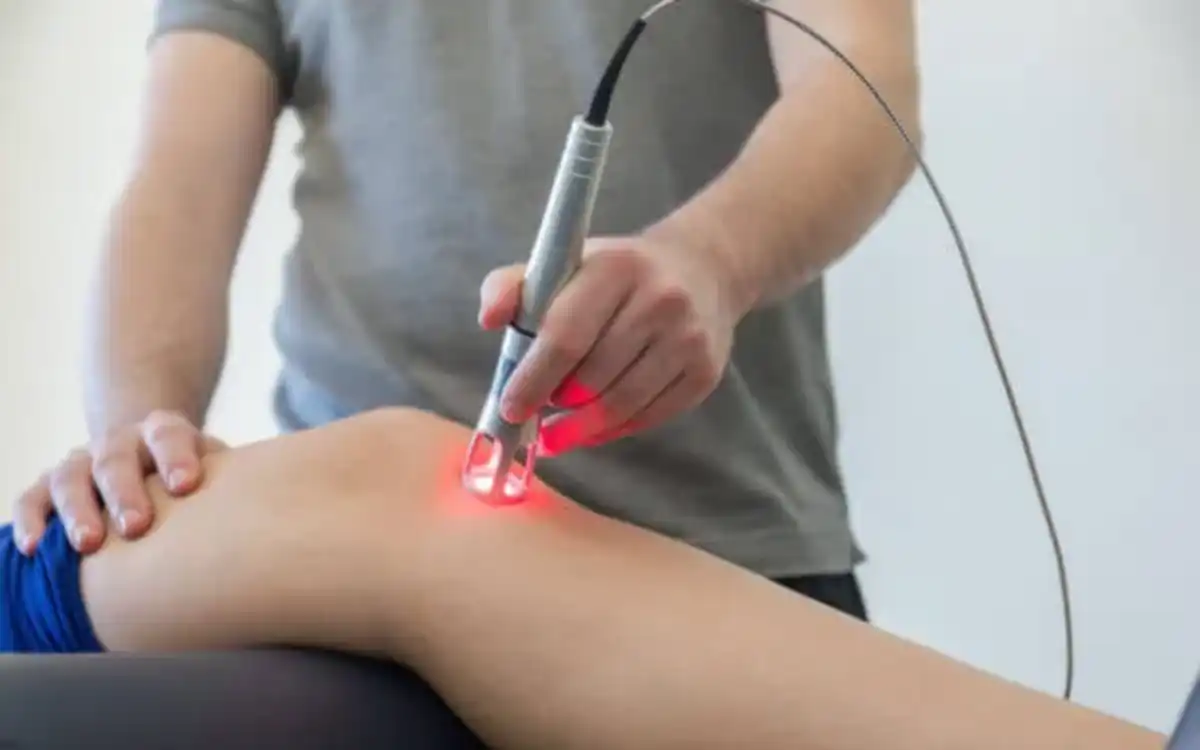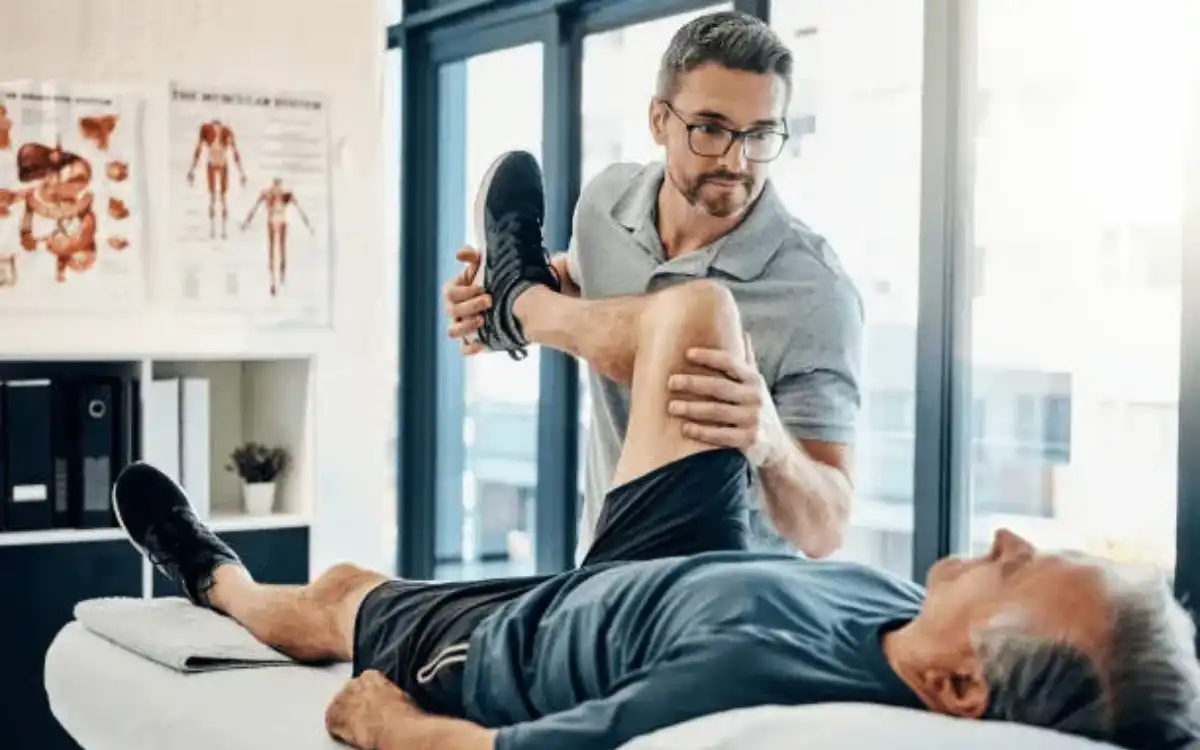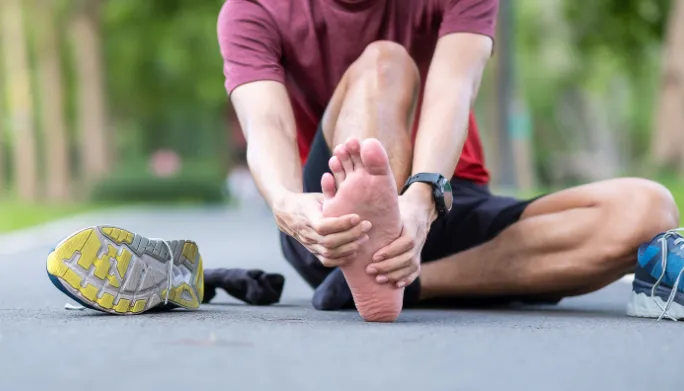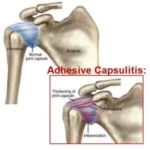OVERVIEW
Adhesive Capsulitis
Adhesive Capsulitis (or a frozen shoulder) is a rare condition that causes the soft tissue layers, known as the joint capsule, to become damaged. The shoulder range of motion becomes restricted and painful. Although the cause of a frozen shoulder remains unknown, minor traumas, diabetes, hyperthyroidism and other conditions such as post-surgical patients or psychiatric patients may be responsible. It is described as having three stages: freezing, freezing, and thawing. The condition is self-limiting and will eventually disappear on its own. It can take up to two years for this condition to be fully recovered.
A home exercise program, patient education, stretching, joint mobilization and patient education can all help speed up recovery. It may take up to two years for some patients with frozen shoulders to fully recover.
TREATMENT
Possible Treatments
- Active Assistive Range of Motion
- Cryotherapy or Cold Therapy
- Electrotherapeutic Modalities
- Heat Pack
- Isometric Exercise
- Proprioceptive Neuromuscular Facilitation (PNF)
- Posture Training
- Physical Agents
- Shoulder Active Range of Motion
- Shoulder Joint Mobilization
- Shoulder Passive Range of Motion
- Shoulder Resistive Range of Motion
- Soft Tissue Mobilization
- Stretching/Flexibility Exercise
GOALS
Possible Treatment Goals
- Decrease Risk of Reoccurrence
- Improve Function
- Improve Muscle Strength and Power
- Increase Oxygen to Tissues
- Improve Proprioception
- Improve Range of Motion
- Improve Relaxation
- Self-care of Symptoms
